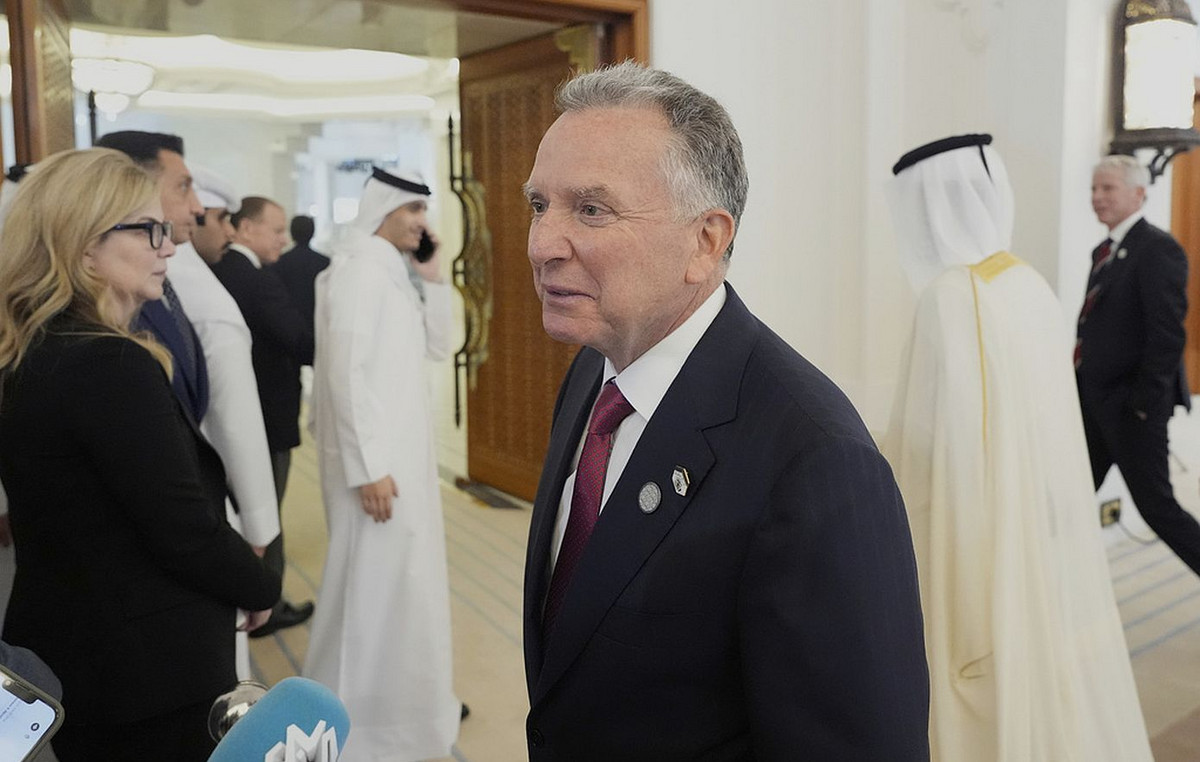By Andreas Kluth
Its critics, from Ukraine to NATO, have been stigmatizing Germany lately for reacting too slowly and too timidly to Russian aggression. Fair enough. Germany, as the largest economy in the European Union, has a disproportionately large responsibility to help coordinate the Western response to the Kremlin’s atrocities and lies. The attention paid to Berlin, however, obscures the not-so-helpful role played by several smaller European countries in this case.
The most reprehensible of these is, of course, Hungary. Its prime minister, Victor Orban, is an authoritarian right-wing populist who has long been friends with Russian President Vladimir Putin. While accepting EU sanctions so far, Orban has blocked arms deliveries to Ukraine via Hungarian territory and threatened to veto any European embargo on Russian oil and gas. Orban’s Hungary is the weakest link in the West.
The second “link”
There is competition for the title of the second weakest link, with Austria, however, being a strong contender. It shares not only language, culture and history with its great northern neighbor, Germany, but also a legacy of pro-Russian sentiments and warm relations with Moscow. If Washington, Brussels and Berlin want to keep the West united against Putin, they would do well to start by calling on Vienna to take sides and make its final choice known.
Austria was part of the Third Reich which caused so much suffering and death in Europe, including Russia and Ukraine. Nevertheless, Austrian political life was not primarily shaped by post-war atonement like that in Germany. The Germans joke that the greatest achievement of their southern neighbors was to convince people that Beethoven was Austrian and Hitler German. Especially against Moscow, the Austrians have always had less complexes.
However, Austria and Germany were initially in a similar situation after World War II. Both were occupied by the four victorious Allies (Soviet Union, Britain, USA, France). But while the Iron Curtain crossed the territory of Germany vertically, it was always around and not inside Austria, as the Soviets did not impose socialism as a socio-economic system in their zone of occupation. The country became sovereign and independent again in 1955 with the condition – imposed by Moscow – to remain neutral in perpetuity. To date, Austria is not a member of NATO, a status it shares with only five of the other EU member states.
Shortly after regaining its independence, Vienna took control of Austria’s energy infrastructure from the Russians. Soviet Mineral Oil became what OMV is today, the Austrian behemoth of oil and gas. In 1968, Austria became the first country outside the Iron Curtain to sign a contract for the supply of natural gas from the Soviet Union. It thus became the hub for Russian hydrocarbons flowing into western Europe.
At the same time, Vienna probably attracted the largest concentration of spies in the world – and especially the Soviets. After the Cold War, it remained equally popular with Russian agents. It is also still a preferred location for spy exchanges.
Russian “hangout”
The Russian oligarchs also headed to Austria – with its companies, its picturesque mountains and its condescending bureaucracy. At least until 2020, Russian investment in the country was second in volume, behind only German. Ski resorts like Lech became Russian “hangouts”.
Retired Austrian politicians continued to pursue careers at the highest echelons of Russian companies. Former German Chancellor Gerhard Schroeder has a fair reputation for serving on the boards of Russian energy giants. However, former Austrian chancellors such as Wolfgang Sussel and Christian Kern have held similar positions – although unlike Schroeder, they have resigned since the February 24 landmark.
In audacity, Schroeder’s closest counterpart in Austrian politics is Karin Kneisl. While in the country’s foreign minister, in 2018, she invited Putin to her wedding.
The latter appeared with a Cossack choir, proceeded to a toast in perfect German and danced with the bride. Kneisl bowed before him, reaching to the ground. Visual documents say it all. To this day, he writes blog posts for Russia Today, the arm of Putin’s propaganda machine, and participates in Rosneft’s board (chaired by Schroeder), the Russian oil leviathan.
“Good dictatorship”
There was another unbearable moment, even for Austrian standards, in 2014, just months after Putin’s annexation of Ukraine’s Crimean peninsula. As the rest of Europe struggled to coordinate its sanctions against Moscow, Putin passed through Austria for another visit.
In his welcoming address, the then president of Austria’s main business lobby joked about how many times he had already welcomed the Russian president over the years, and the two had been in office for a long time. “Dictatorship,” Putin replied in an ironic tone, with the room shaking with applause before adding, “But a good dictatorship.”
The merriment of the case went even further. The speaker also reminded Putin that, a century earlier, part of Ukraine was Austrian. “What do you offer me?” Putin replied expressionlessly to the screams of Austrian industrialists.
All this time, Austria has been increasingly dependent on Putin’s energy. Whenever a Siberian hydrocarbon embarked on a journey to Europe, Austrian money, lobbying and cheers were just around the corner. For example, Nord Stream 2, a geopolitically catastrophic pipeline that would connect Russia and Germany directly under the Baltic Sea, has been blamed primarily on German governments, but OMV has also been a major investor (although it now records its assets). in Russia as capital impairments). Even today, about 80% of the gas consumed by Austria comes from Russia.
Opportunity
That said, the barbarity of Putin’s current war has shaken even Austria over its long – full of Russophilia – romance with Moscow. In this sense, at least, it differs somewhat from Hungary.
Last month, Austrian Chancellor Carl Nehammer became the first Western leader to meet with Putin in Moscow since February 24. His access to the “hermit” despot of Moscow was a legacy of the special relationship between their two countries. However, Nehamer made it clear that “this was not a friendly visit.”
Even so, the rest of the West has every reason to wonder how much support it can rely on Austria, as the conflict escalates or escalates. Will Vienna support a boycott of Russian oil and gas? Will it say goodbye to its neutrality – as Sweden and Finland are going to do – to align with the West?
Orban may have been lost for a long time so that the West’s invocations to reason could bring him back to his senses. For Vienna, however, there is still such a possibility.
Source: Bloomberg
I’m Ava Paul, an experienced news website author with a special focus on the entertainment section. Over the past five years, I have worked in various positions of media and communication at World Stock Market. My experience has given me extensive knowledge in writing, editing, researching and reporting on stories related to the entertainment industry.







